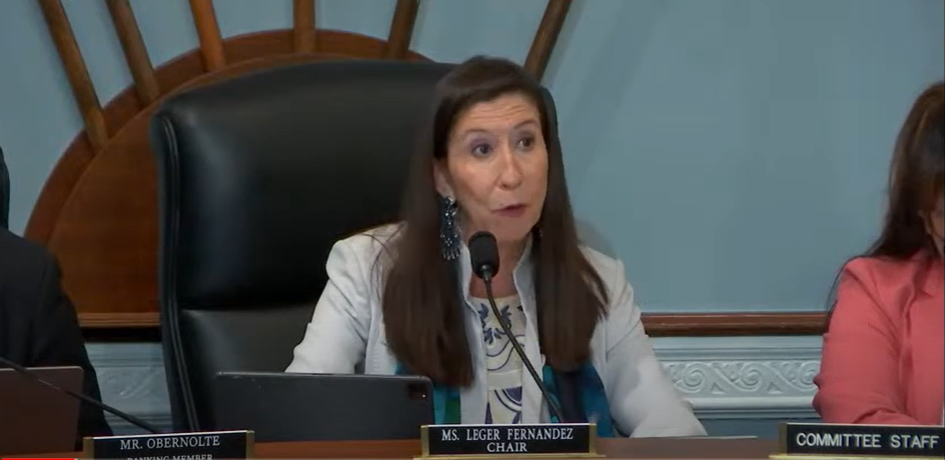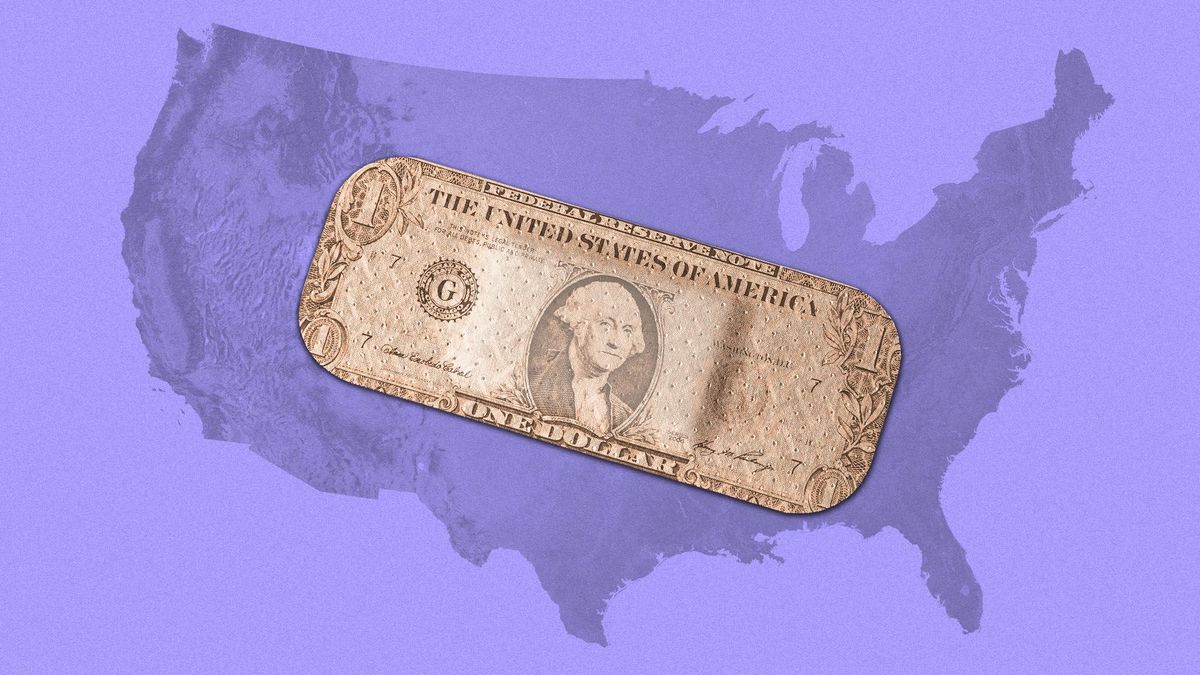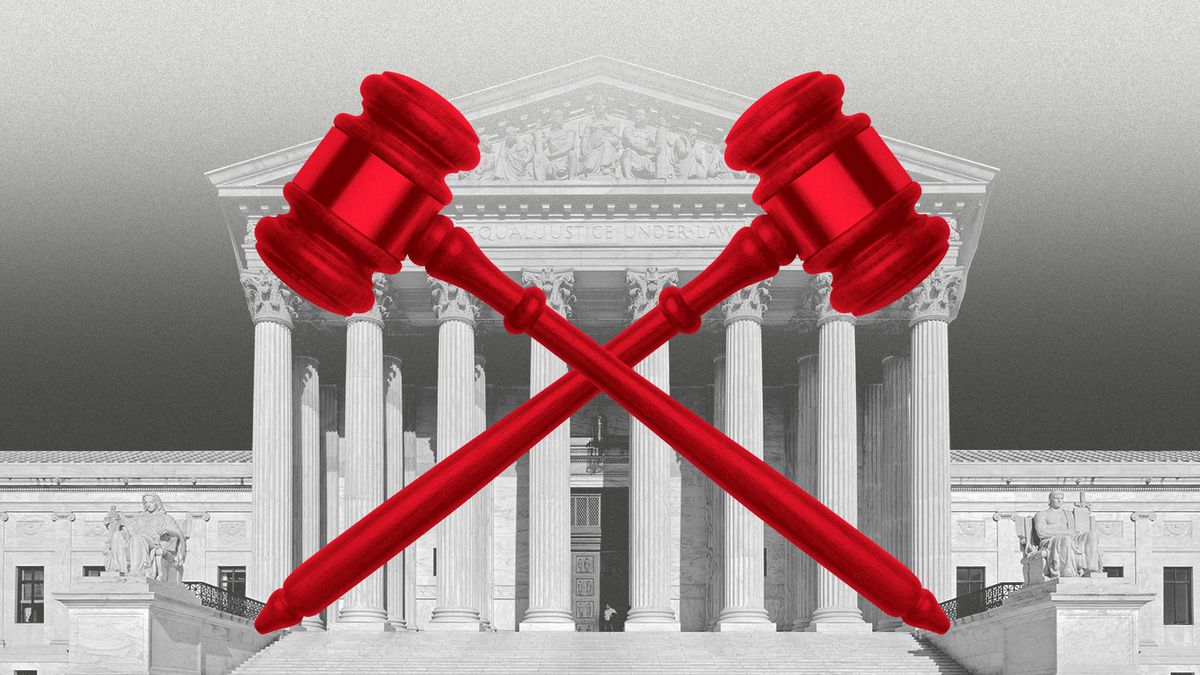HHS to hold Tribal Consultation on Proposed Rule to Strengthen Nondiscrimination in Health Care
On July 25, 2022, the Department of Health and Human Services (HHS) announced a proposed rule to implement Section 1557 of the Affordable Care Act. Section 1557 prohibits discrimination on the basis of race, color, national origin, sex, age, and disability in certain health programs and activities. The proposed rule strengthens and restores civil rights protections for patients, beneficiaries, and consumers in certain federally funded health programs and other HHS programs.
The rulemaking affirms protections against discrimination on the basis of sex, inclusive of sexual orientation and gender identity, consistent with the US Supreme Court holding in Bostock v Clayton County. The rulemaking also reinforces protections against discrimination in seeking reproductive health care services.
A Tribal Consultation on the proposed rule will be held on August 31 at 2:00 pm EDT. Click here to register in advance. Public comment in response to the proposed rule is due September 23, 60 days after the notice.
Background
Under the Trump Administration, HHS issued final regulations on the implementation of Section 1557 in early June of 2020, which narrowed the scope of the rule by:
- Eradicating prohibition on discrimination based on gender identity and sex-stereotyping
- Embracing blanket religious freedom and abortion exemptions for health care providers
- Removing the provision preventing health insurers from varying benefits that discriminate against certain marginalized groups of individuals
- Lessening protections for individuals with limited English proficiency
- Eliminating prohibitions against discrimination based on gender identity and sexual orientation in ten other federal health care regulations.
On June 15, 2020, the US Supreme Court published its decision on Bostock v. Clayton County. Under this ruling, sex discrimination includes discrimination based on sexual orientation and gender identity. While the case is specific to an employment context, it has since been used in support of nondiscrimination efforts that include sexual orientation and gender identity. Given the ruling in this case, a number of federal courts issued nationwide preliminary injunctions to block parts of the 2020 Final rule.
The Section 1557 rule was first issued under the Obama Administration in 2016.
Call to Action
Section 1557 Notice of Proposed Rulemaking (NPRM) seeks to address gaps identified in prior regulations. In order to advance protections under this rule it:
- Reinstates the scope of Section 1557 to cover HHS’ health programs and activities.
- Clarifies the application of Section 1557 nondiscrimination requirements to health insurance issuers that receive federal financial assistance.
- Aligns regulatory requirements with Federal court opinions to prohibit discrimination on the basis of sex including sexual orientation and gender identity.
- Makes clear that discrimination on the basis of sex includes discrimination on the basis of pregnancy or related conditions, including “pregnancy termination.”
- Ensures requirements to prevent and combat discrimination are operationalized by entities receiving federal funding by requiring civil rights policies and procedures.
- Requires entities to give staff training on the provision of language assistance services for individuals with limited English proficiency (LEP), and effective communication and reasonable modifications to policies and procedures for people with disabilities.
- Requires covered entities to provide a notice of nondiscrimination along with a notice of the availability of language assistance services and auxiliary aids and services.
- Explicitly prohibits discrimination in the use of clinical algorithms to support decision-making in covered health programs and activities.
- Clarifies that nondiscrimination requirements applicable to health programs and activities include those services offered via telehealth, which must be accessible to LEP individuals and individuals with disabilities.
- Interprets Medicare Part B as federal financial assistance.
- Refines and strengthens the process for raising conscience and religious freedom objections.
American Indians/Alaska Natives (AI/ANs) are historically marginalized and underserved when it comes to healthcare. The Section 1557 notice of proposed rulemaking finds that: AI/ANs under 65 have an uninsured rate of 28 percent, higher than any other racial or ethnic group; AI/ANs received worse care than white individuals in the areas of patient safety, person-centered care, care coordination, the effectiveness of care, healthy living, and affordable care for 40 percent of 108 quality measures; more research is needed to determine the root causes of maternal mortality among AI/AN women, but a recent study suggests that provider-related factors, including implicit bias, must be addressed to reduce AI/AN maternal mortality; and there is uneven representation in minority populations, including AI/ANs, in Alzheimer’s research and clinical trials.
HHS encourages all stakeholders, including patients and their families, health insurance issuers, health care providers, health care professional associations, consumer advocates, and government entities, to submit comments through regulations.gov.
NCUIH will continue to closely monitor the proposed rule and related issues, concerns, and comments.








